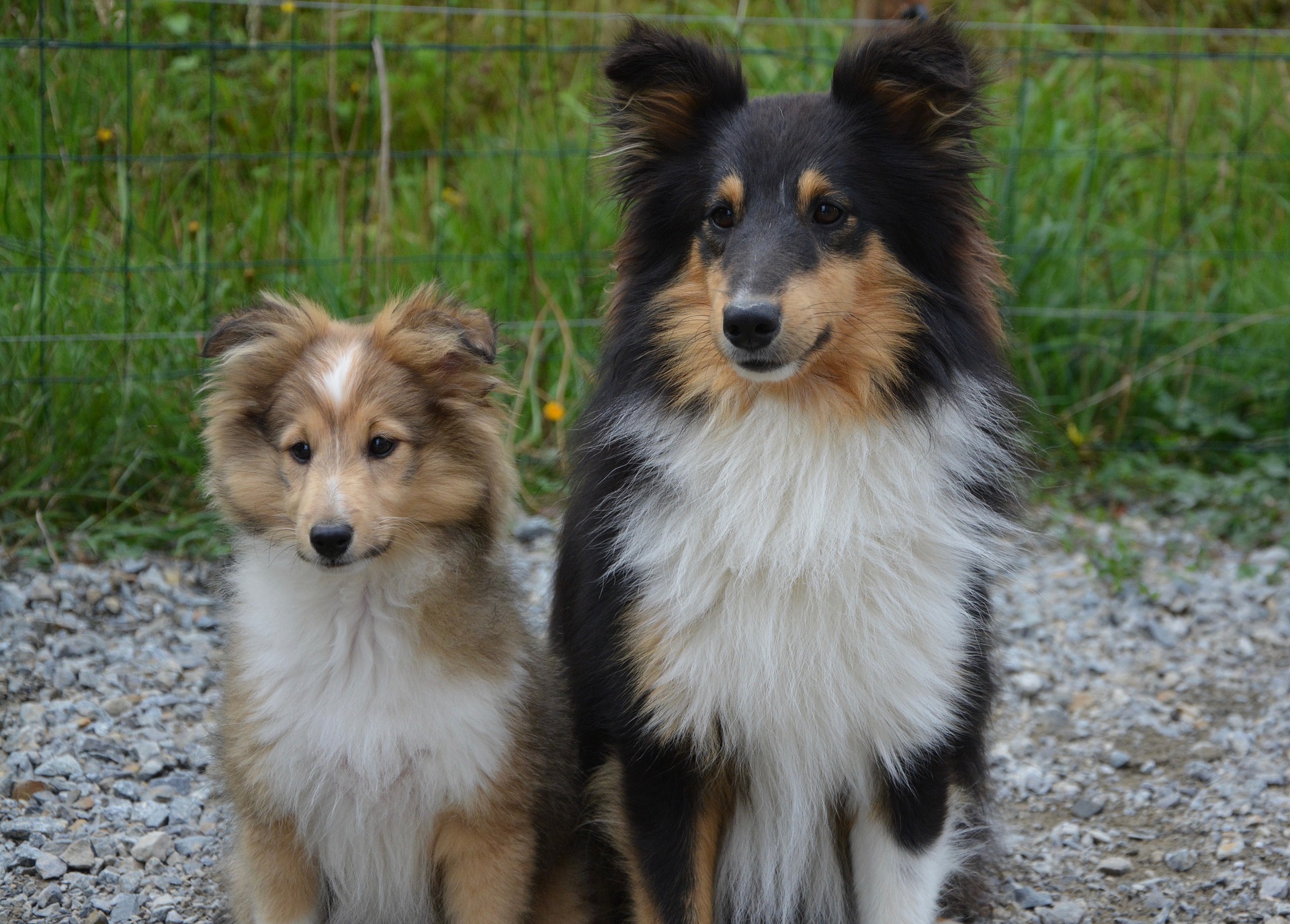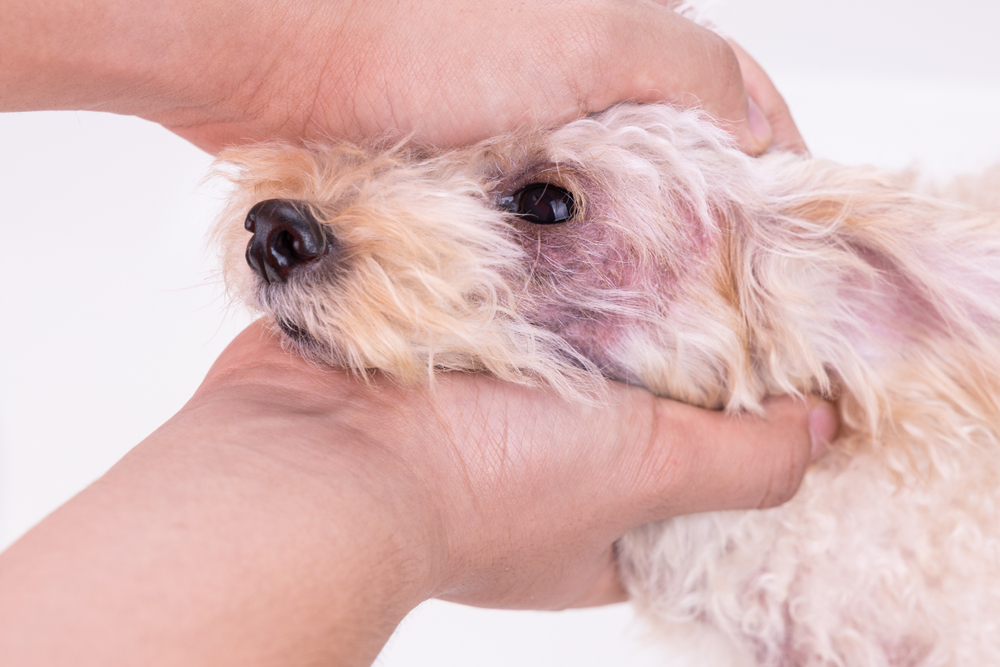What Probiotics Should I feed my Dog?
The world of health, functional medicine and veterinary research, has probiotics at the forefront of scientific revelation. In the health sector we have used them for 30 odd years but like most things, until recent times, the research wasn't there but anecdotal evidence was. I find in human and pet nutrition, people blindly give probiotic blends to their cat or dog, not knowing whether it is personally suitable for their specific health needs.
The truth is, sometimes probiotics can help your dog and sometimes they won't work. the can even make certain issues worse, so knowing what to give, when, is imperative.
So here is a little guide on the information and experience I have on the matter.
What are probiotics and why are the important for your health and your dog's?
Probiotics int eh gut can enhance mucosal health by several mechanisms, including displacement of intestinal pathogens, production of antimicrobial substances, enhancement of immune responses, and/or up‐regulation of various metabolites.
Prebiotics, probiotics and postbiotics.
A dog's microbiome is complex and different to ours. We know they have a better and more biodiverse microbiome, on a raw fed diet.
All animals have the same 6 bacteria phyla (or families) in their guts. These phlya make up 99% of all of the gut bacteria and are made of the following"
- Firmicutes
- Bacteroidetes
- Proteobacteria
- Actinobacteria
- Spirochaetes
- Fusobacteria
- Firmicutes (46.4% of obtained 16S rRNA gene sequences), Proteobacteria (26.6%), Bacteroidetes (11.2%), Spirochaetes (10.3%) Fusobacteria (3.6%) and Actinobacteria (1%
When Do I Need to Give Probiotics to my Dog
There are moments in your dog's life that they often greatly benefit from probiotics:
Diarrhoea;
Constipation;
SIBO and SIFO; The analysis of faecal samples from dogs with IBD revealed dysbiosis, with significantly lower bacterial diversity, an increase in Gammaproteobacteria (i.e. E. coli) and decreases in Erysipelotrichia, Clostridia and Bacteroidia. Research here
IBS and IBD's; In samples from dogs with IBD, microbiome changes similar to the ones observed in people with IBD were detected. A significantly reduced species richness and higher proportion of Enterobacteriaceae were observed in duodenal brush samples from dogs with IBD compared with healthy dogs. Research here
Allergies;
Anxiety;
Autoimmune disease;
Heart Health;
Antibiotic use
Other prescription drugs;
Vaccinations;
What Probiotics Should I be giving my dog
There are 3 types of Probiotic you can give your dog, all with different benefits and should be selected carefully:
1. Lactobacillus and Bifidobacterium (dairy and non dairy - inulin fermentation from chicory based probiotics)
2. Saccharomyces boulardii (a beneficial form of yeast)
3. Soil Based Probiotics (spore forming probiotics)
There are times you don't give probiotics and there are certain strains you don't give and there are certain strains you give in certain situations. Confused yet? There are different types of strains. Fermented from chicory
Allergies are elicited by a complex immune reaction. In fact I call allergies an immune malfunction. There are a number of physiological effects in the body that spark a hisatmine reaction, and these need to be considered. Adding fermented foods and supplements to your dog's diet when they are in the full throws of an allergic attack
Spore bacteria, soil bacteria. Bacillus coagulans, SIBO and SIFO.
Lactobacillus strains and bifidobacterium strains are the most common and researched in humans. little research has been done in dogs but some still have the sam effect.
Lactobacillus acidophilus is arguably the most widely recognised and used species in probiotics. Its history can be traced back to the 1920’s where it was used in milk in part to support digestive health*.
Lactobacillus acidophilus is the most-researched strain of probiotic when it comes to establishing and maintaining a healthy vaginal balance. Two other important strains include lactobacillus rhamnosus and lactobacillus reuteri.
Lactobacillus rhamnosus have been shown to








.jpeg)








